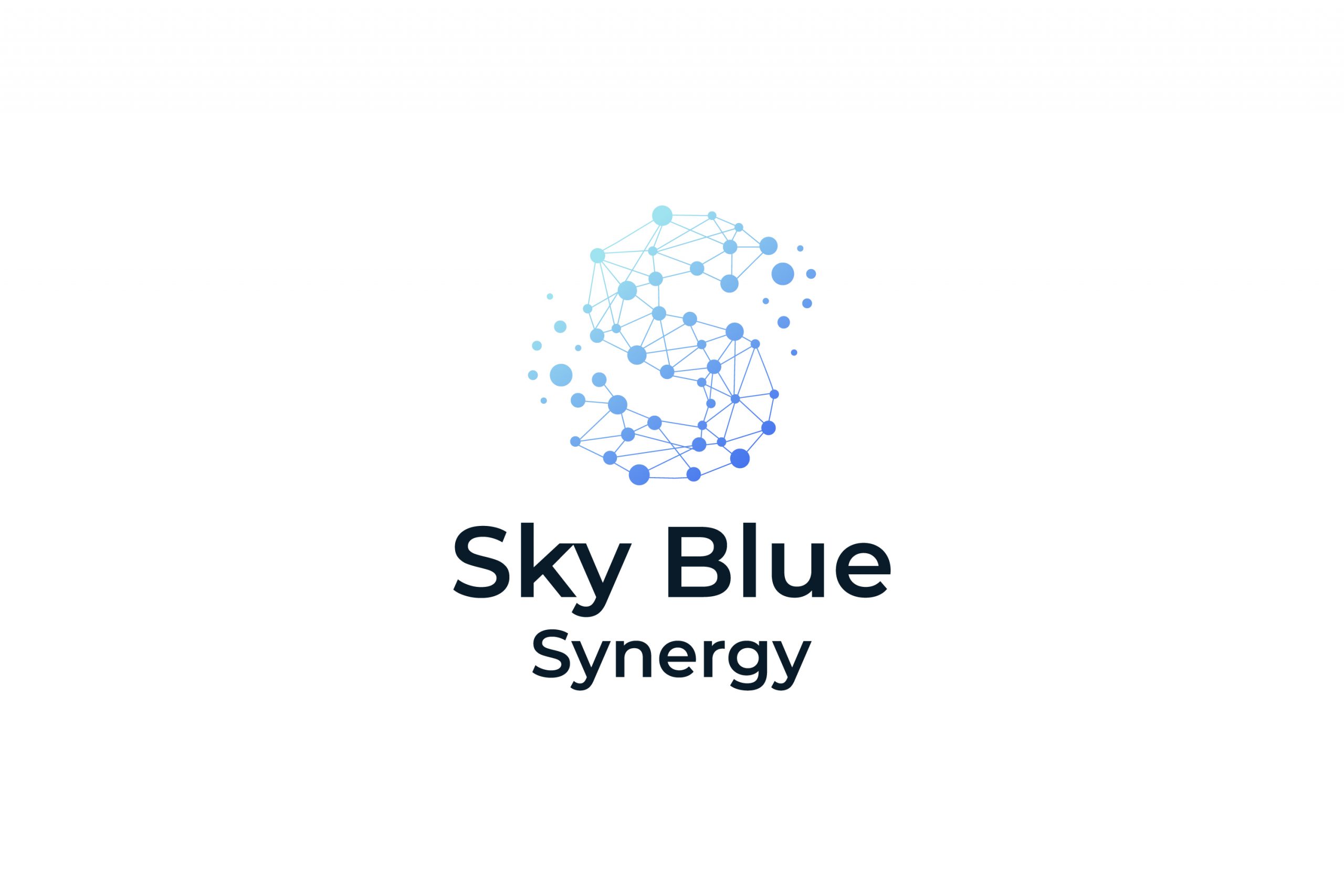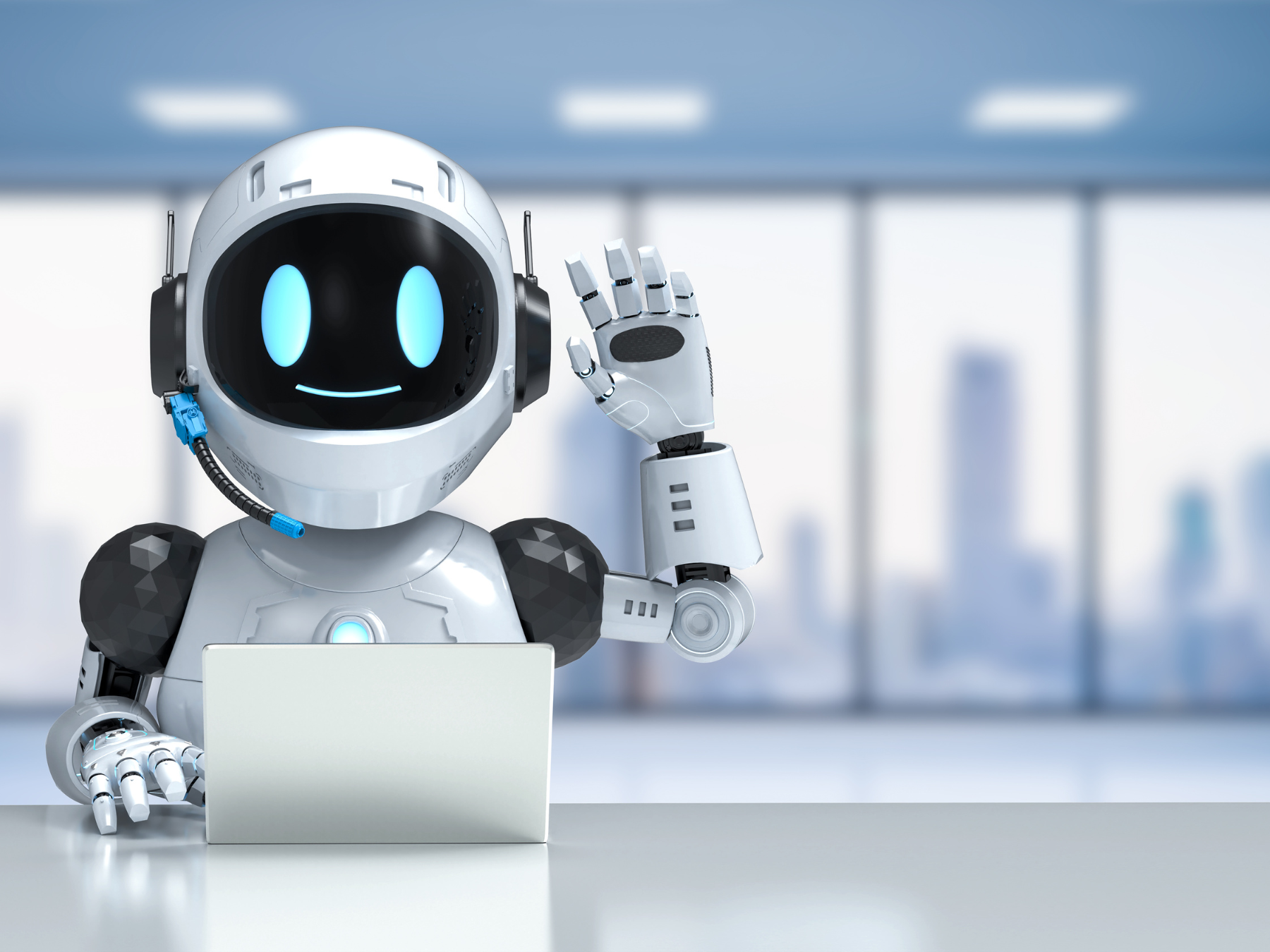The future of work in the Middle East and Africa depends on how well we combine human potential with intelligent technology.
Artificial Intelligence (AI) is no longer a futuristic concept; it’s grown exponentially in the past two years, and it’s rapidly shaping how organisations across the Middle East and Africa (MEA) operate, compete, and grow. Yet, one of the biggest misconceptions about AI is that it’s going to replace human work. Whilst its true that some jobs can be automated, this only a small part of the bigger picture. In truth, AI is effectively redefining work as we know it. The organisations that will thrive are those that can successfully adapt and embrace this monumental shift, by harmonising human creativity, empathy, and judgement with AI’s speed, scale, and precision.
A Redefinition, Not a Replacement
Across the MEA region, industries are already being reshaped by AI, from financial services using predictive analytics for fraud detection, to governments deploying AI to enhance citizen services, to HR teams using intelligent automation to improve employee experience.
However, rather than displacing humans completely, AI is transforming how people work. It’s taking over repetitive, low-value tasks and freeing employees to focus on work that requires problem-solving, innovation, and human connection. For example, AI can screen thousands of CVs in minutes, but it still takes a human recruiter to evaluate cultural fit, potential, and emotional intelligence.
The winning formula lies in collaboration; humans and machines complementing each other’s strengths.
Strategic AI: Aligning Technology with Business Purpose
One of the biggest pitfalls many organisations face is implementing AI without a clear strategy behind it. The excitement and hype around AI often leads to fragmented initiatives that lack cohesion, alignment, and measurable outcomes.
AI adoption must be guided by a well-defined plan that connects directly to the organisation’s strategic goals and business priorities. This means taking the time to ask critical questions before implementation. For example:
- What are the most pressing business challenges we are trying to solve?
- How will AI add measurable value – through efficiency, insight, cost reduction, or innovation?
- Do we have the right data infrastructure, governance, and ethical frameworks in place?
- How will we measure success and ROI over time?
In regions like the Middle East and Africa, where digital transformation is accelerating under national visions such as Saudi Vision 2030, UAE’s National AI Strategy 2031, and South Africa’s AI Readiness Framework, organisations must ensure that every AI investment is purpose-driven, inclusive, and scalable.
The right approach blends business strategy, technology capability, and human enablement.
The Human Element: Building Confidence and Comfort with AI
Technology is immensely powerful with infinite potential, yet it can only deliver value when people trust and fully embrace it. For employees, the introduction of AI can sometimes spark anxiety; fear of job loss, uncertainty about new tools, or lack of confidence in their ability to adapt.
Leaders must proactively address this by focusing on change enablement and communication. This involves:
- Transparency: Be clear about why AI is being introduced, what it will do, and what it won’t do. What are the benefits it provides and how will it help elevate people’s careers to allow them to focus on high-value activities?
- Involvement: Engage employees early, gather feedback, and co-design solutions where possible.
- Upskilling: Provide training that helps people understand AI tools and leverage them effectively in their roles. Foster a creative and self-perpetuated learning culture; encourage continuous upskilling and adaptability.
- Empathy: Recognise that transformation is as much emotional as it is technological. Be sensitive to people’s fears and concerns around such aspects as privacy, loss of jobs etc.
AI may enhance efficiency, but human connection remains irreplaceable. Empathy, creativity, ethical judgement, and collaboration are the qualities that drive trust and innovation, the very things machines cannot replicate.
Looking Ahead: A Human-Centric AI Future
The future of work in the Middle East and Africa is not simply about how much AI we use, but most importantly, by how human we remain while leveraging emerging technology to provide better services for the business, its customers and its people.
Organisations that integrate AI with purpose, clarity, and compassion will create workplaces where people and technology thrive together, delivering not only productivity and profit, but also meaning, inclusivity, and growth.
Because ultimately, AI doesn’t replace humans, it elevates and empowers them to achieve their full potential.
—————————————————
Disclaimer: Information correct at time of publishing and may contain subjective opinions, based on the author’s professional experience.

